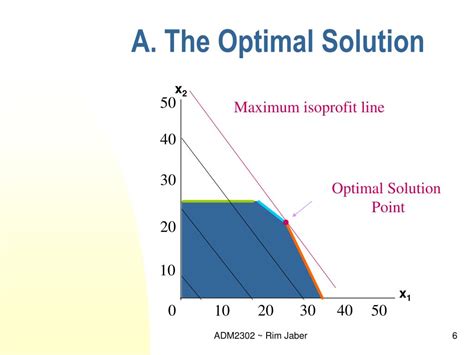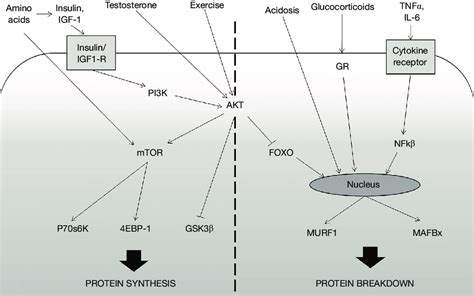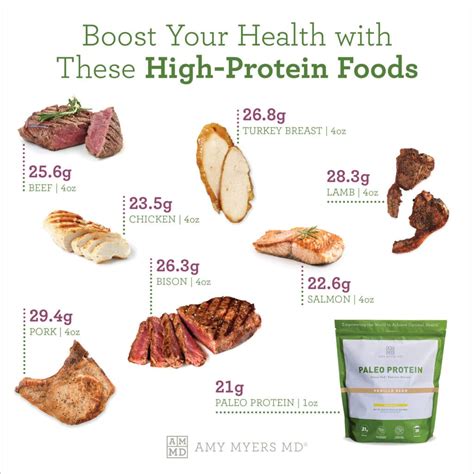Optimal protein intake for lean muscle, sustained energy & faster recovery in active men?

The Crucial Role of Protein for Active Men
For active men, protein isn’t just a nutrient; it’s the cornerstone of performance, physique, and recovery. Whether your goals include building lean muscle, maintaining consistent energy throughout demanding days, or bouncing back quickly from intense workouts, optimizing your protein intake is paramount. This guide delves into the science and practical strategies for active men to harness the full power of protein.

Understanding Your Protein Needs: More Than Just a Number
While general dietary guidelines suggest around 0.8 grams of protein per kilogram of body weight for sedentary individuals, active men have significantly higher requirements. Your exact needs depend on several factors:
- Activity Level and Intensity: The more strenuous and frequent your workouts, the more protein your body needs to repair and rebuild muscle tissue.
- Body Composition Goals: If your primary goal is to build muscle (hypertrophy) or maintain muscle during a caloric deficit (cutting phase), higher protein intake is critical.
- Age: Older active men may require slightly more protein due to age-related muscle loss (sarcopenia) and a reduced anabolic response to protein.
Recommended Protein Intake Ranges
Most research suggests that active men should aim for 1.6 to 2.2 grams of protein per kilogram of body weight (0.7 to 1.0 grams per pound) daily. For a man weighing 80 kg (approximately 176 lbs), this translates to roughly 128 to 176 grams of protein per day.
- Strength Training/Bodybuilding: Often at the higher end, 1.8-2.2 g/kg.
- Endurance Athletes: Slightly less but still elevated, 1.2-1.6 g/kg, to aid recovery and prevent muscle breakdown.
- Weight Loss (Caloric Deficit): Higher protein (1.8-2.4 g/kg) helps preserve lean muscle mass while losing fat.

Protein for Lean Muscle & Strength
Protein is the building block of muscle. When you engage in resistance training, you create microscopic tears in your muscle fibers. Adequate protein intake provides the amino acids necessary to repair these tears and rebuild stronger, larger muscles. This process, known as muscle protein synthesis (MPS), is maximized when sufficient amino acids are available.
Leucine, one of the branched-chain amino acids (BCAAs), is particularly important for signaling MPS. Consuming high-quality protein sources rich in leucine helps kickstart the muscle-building process.
Sustained Energy & Satiety
While carbohydrates are the primary fuel source for high-intensity activity, protein plays a vital role in sustained energy and overall metabolic health:
- Blood Sugar Regulation: Protein helps slow the absorption of carbohydrates, preventing sharp spikes and crashes in blood sugar. This contributes to more stable energy levels throughout the day.
- Satiety: Protein is highly satiating, meaning it helps you feel fuller for longer. This can prevent overeating and regulate overall calorie intake, which is beneficial for managing body composition.
- Thermic Effect of Food (TEF): Protein has a higher TEF than carbs or fats, meaning your body expends more energy to digest and metabolize it. This slightly boosts your metabolic rate.

Accelerating Recovery & Injury Prevention
Faster recovery means you can train harder and more consistently, leading to better results. Protein is instrumental in:
- Muscle Repair: Providing the raw materials to repair muscle damage incurred during exercise, reducing delayed onset muscle soreness (DOMS).
- Replenishing Glycogen Stores: While carbohydrates are key, protein, when consumed with carbs, can enhance glycogen resynthesis, preparing your muscles for the next session.
- Immune Function: Amino acids are vital for immune cell production, helping your body ward off illness, especially after strenuous training that can temporarily suppress the immune system.

Optimizing Protein Timing & Distribution
Beyond the total daily amount, how you distribute your protein intake can impact its effectiveness:
- Even Distribution: Aim to consume 20-40 grams of protein every 3-4 hours throughout the day. This keeps your body in an anabolic state, continually supplying amino acids for muscle repair and growth.
- Pre- & Post-Workout: While the concept of a rigid “anabolic window” has been refined, consuming protein around your workouts (before or after, or both) is still beneficial. A meal containing protein and carbs 1-3 hours before a workout, and another protein-rich meal within a few hours post-workout, is ideal.
- Before Bed: A slow-digesting protein like casein (found in dairy, or as a supplement) before sleep can provide a sustained release of amino acids overnight, supporting recovery and preventing muscle breakdown during fasting.
High-Quality Protein Sources
Focus on whole, unprocessed protein sources:
Animal Sources:
- Lean Meats: Chicken breast, turkey, lean beef, pork loin.
- Fish: Salmon, tuna, cod (rich in omega-3s as well).
- Eggs: A complete protein, highly bioavailable.
- Dairy: Greek yogurt, cottage cheese, milk (whey and casein).
Plant-Based Sources:
- Legumes: Lentils, chickpeas, black beans.
- Soy Products: Tofu, tempeh, edamame.
- Quinoa: A complete protein.
- Nuts and Seeds: Almonds, peanuts, chia seeds, flax seeds (also provide healthy fats).
- Plant-Based Protein Powders: Pea, rice, hemp, or blended options.

Practical Strategies for Active Men
- Plan Your Meals: Incorporate a protein source into every main meal (breakfast, lunch, dinner).
- Smart Snacking: Keep protein-rich snacks handy, like Greek yogurt, cottage cheese, hard-boiled eggs, nuts, or a protein shake.
- Leverage Supplements: While whole foods should be primary, protein powders (whey, casein, plant-based) can be convenient and effective for meeting high protein targets, especially post-workout or for quick snacks.
- Track Your Intake: Briefly tracking your food intake can help you understand your current protein consumption and identify areas for improvement.
Conclusion
Optimal protein intake is non-negotiable for active men seeking to maximize lean muscle growth, sustain energy levels, and achieve faster recovery. By focusing on high-quality sources, distributing intake strategically throughout the day, and adjusting for individual needs, you can unlock your full potential in the gym and in life. Make protein a priority, and watch your performance and physique transform.









